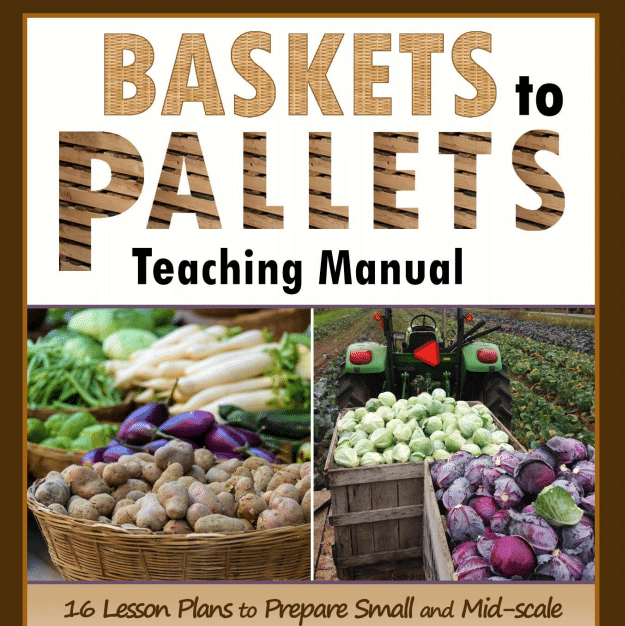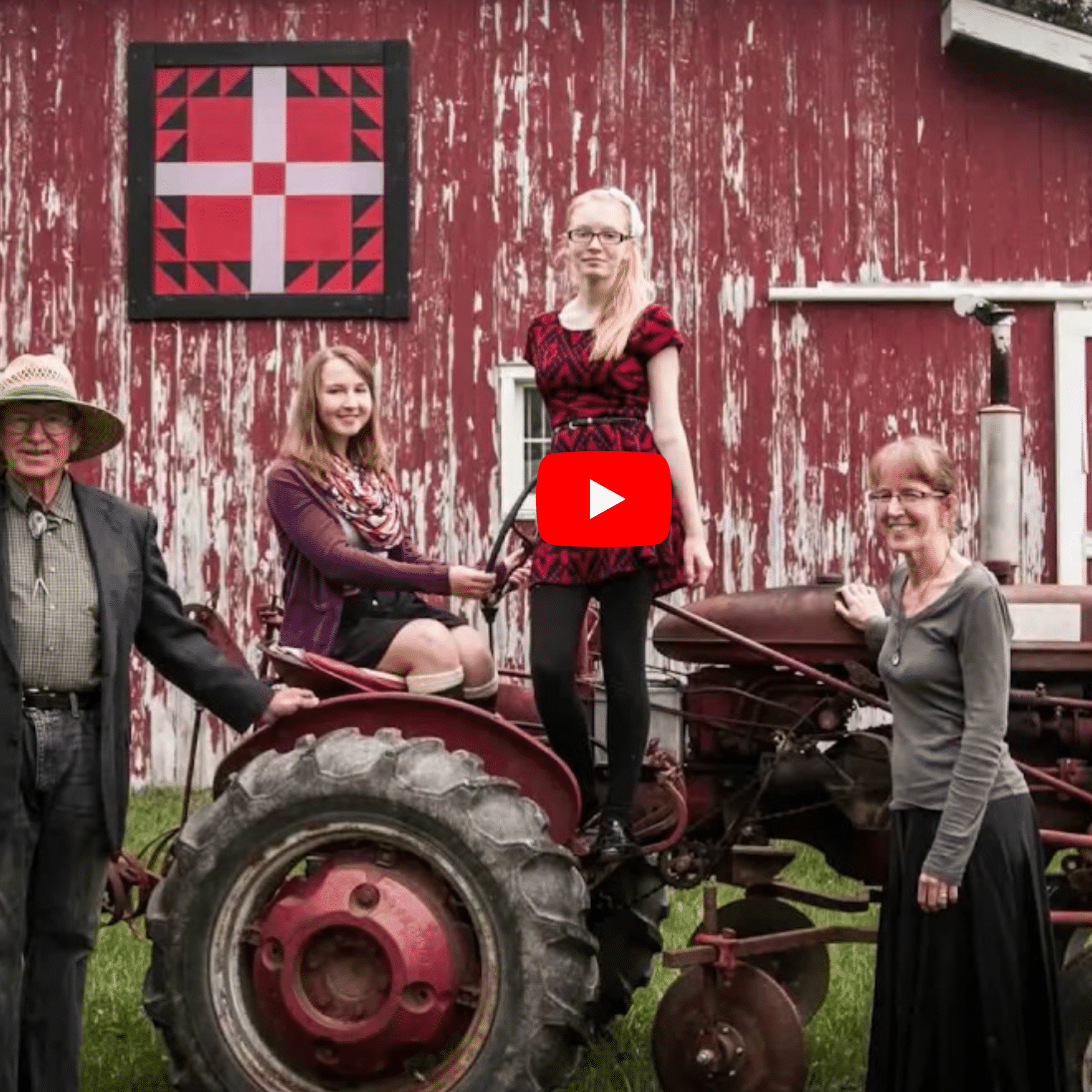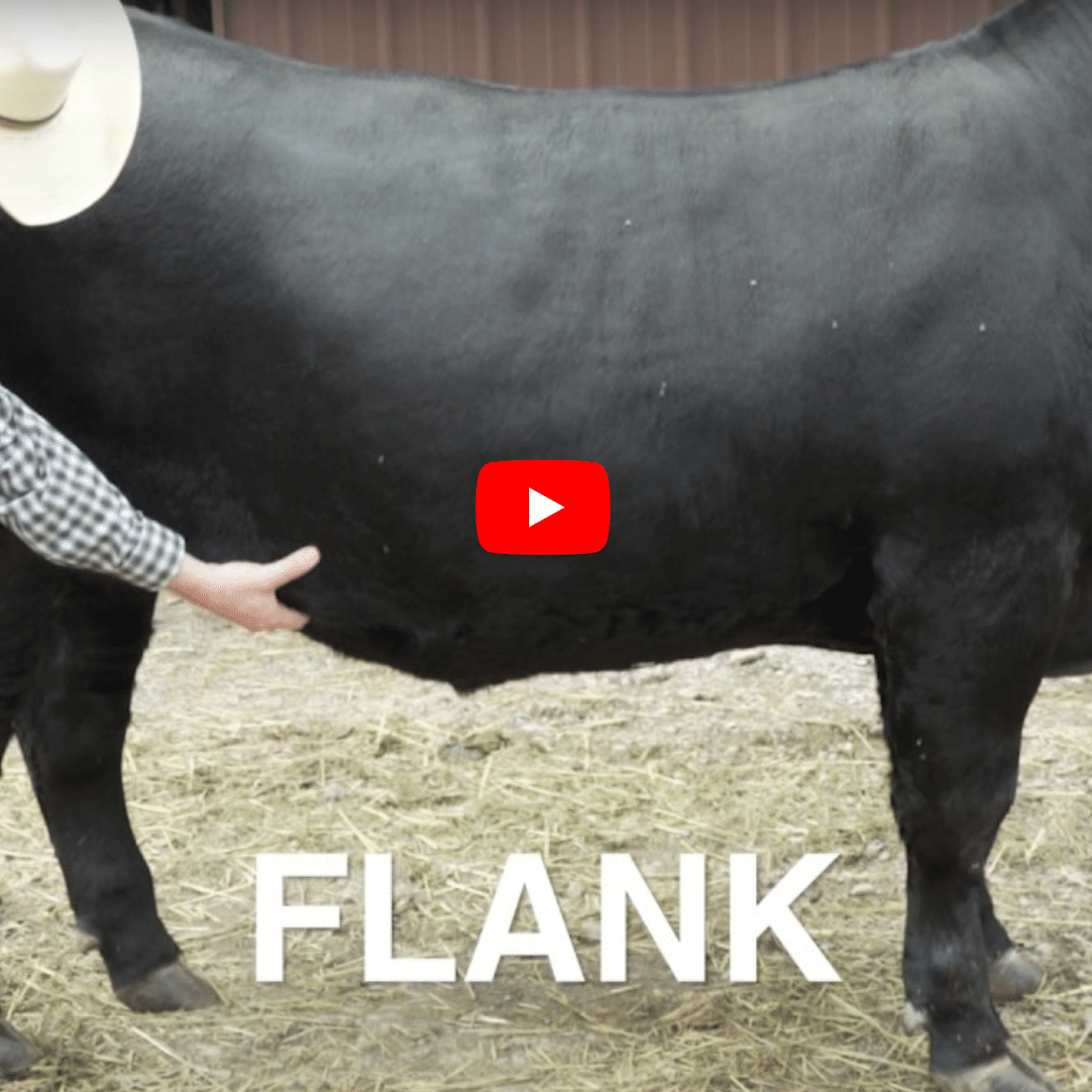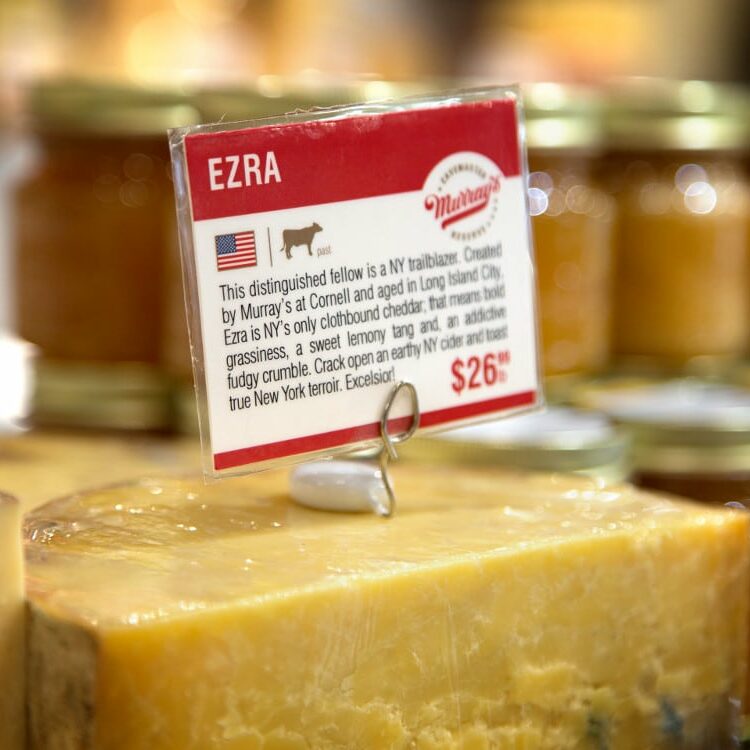Project Lead: Violet Stone
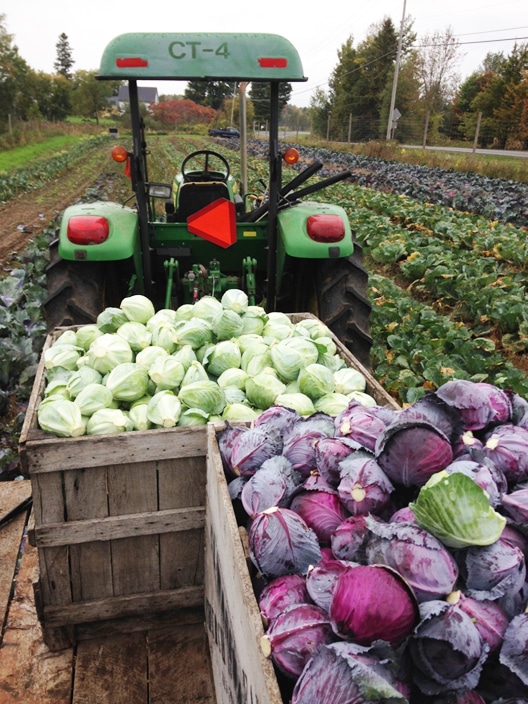
Are you a farmer seeking new markets?
Local foods generated $11.7 billion in sales in 2014 and are estimated to climb to $20.2 billion by this year. At the same time, growth of sales of local food at farmers markets, farm stands and through CSA models has lost momentum. Some farmers who previously found success selling products through direct-marketing channels are now seeking new markets.
The Baskets to Pallets project provides educational resources and trainings to prepare farmers to enter 'intermediated' channels such as food hubs, groceries, schools and cooperatives. The project was founded in 2014.
2020 Baskets to Pallets Winter Trainings
Date: February 19th, 2020, 9:30am - 4:00pm. Focus Group 4:00pm - 6:00pm
Venue: Hawthorne Valley Farm, Ghent, NY
Title: Baskets to Pallets Marketing Intensive and "Be Well Farming" Focus Group
Instructors: Violet Stone, Baskets to Pallets Project Manager, Rachel and Steffen Schneider, Institute for Mindful Agriculture
Treat yourself to a holistic training that offers strategies and skill-building for successfully entering wholesale markets with special consideration toward participants’ overall comfort and well-being. Join us in a warm, light-filled space for learning, feasting, fellowship, and a walk on the farm. We'll discuss consumer trends and the demand for local, choosing and evaluating market channels, building relationships with buyers and cooperative and collaborative farming. Those who wish are invited to stay for a 90 minute focus group to explore wellness, balance, fairness, and connection to community while farming. Focus group participants will be treated to a local food appetizer social and compensated with a cash gift. Learn more and register.
Date: February 25th, 2020
Venue: RI Department of Environmental Management. Meeting Room 300, Providence, RI
Instructors: Matt LeRoux, Cornell Cooperative Extension of Tompkins County
Are you in search of new markets? Have you considered wholesale channels like colleges, hospitals, schools, food hubs, grocery stores, and cooperatives? The demand for local food continues to grow... Is your farm or food business ready for the opportunities? Ensure your success by joining us for ‘Baskets to Pallets’, a comprehensive one-day introduction to selling wholesale. Register here.
Baskets to Pallets Educator Cohort
When it comes to wholesale marketing, farmers need help with distribution, uniformity and consistency, food safety assurances, and much more. Meet this group of 13 service providers from across NY who came together as a Cohort in 2017 to hone their wholesale expertise and help farmers explore new sales channels.
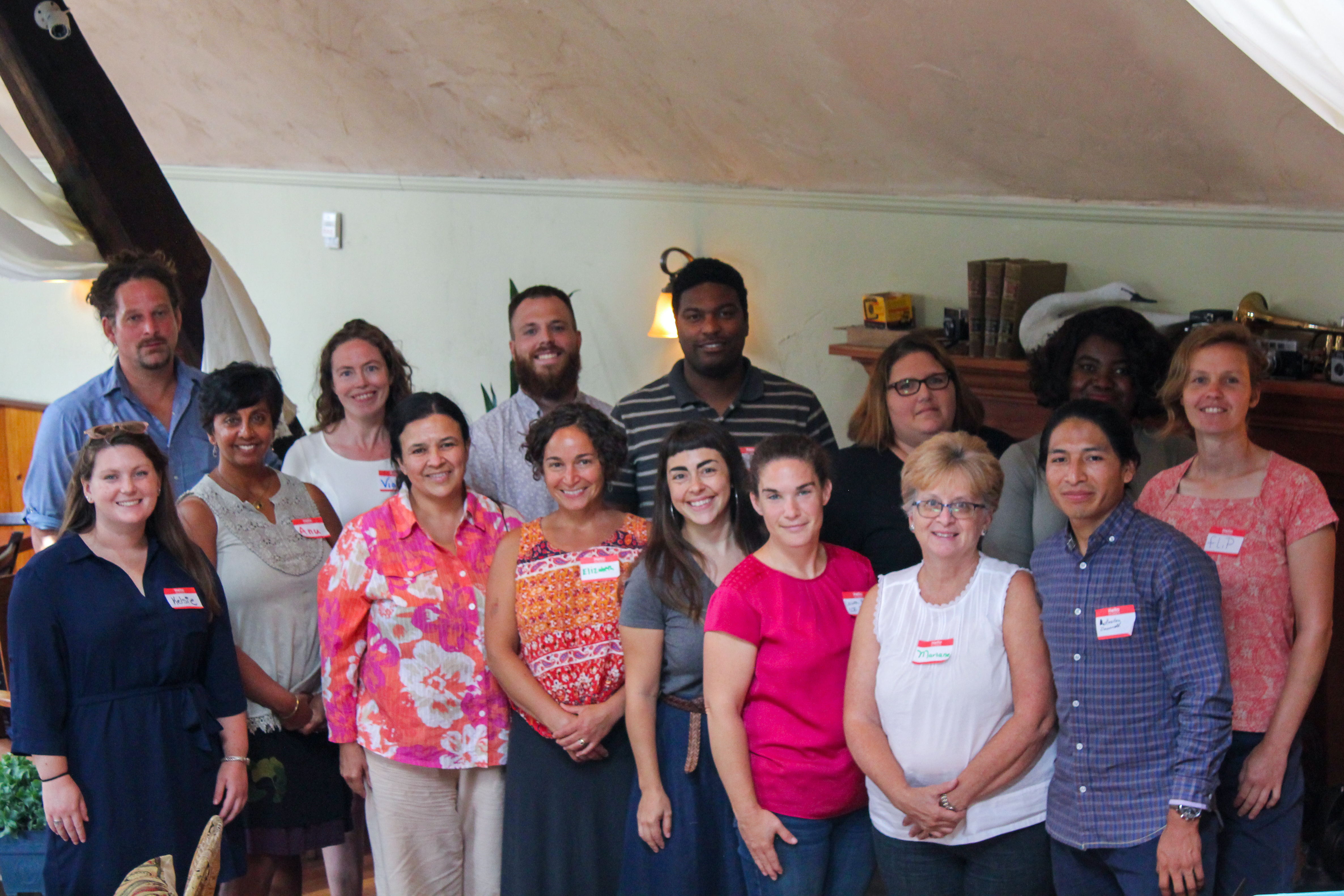
Teaching Manual, Videos and Resources
News and Updates
Are you in search of new markets? Are you considering wholesale channels such as food hubs, grocery stores, schools, restaurants, and cooperatives? Treat yourself to a holistic training that offers…
Read MoreIn the minutes before a Baskets to Pallets farmer training begins, I stand at the front of the room, scanning tables of chattering people and taking in the many different…
Read MoreOn March 14th and 15th the Baskets to Pallets project hosted a regional Training in Rochester NY. In this retrospect, Violet Stone shares how the Training prioritized a holistic approach…
Read More
Join the E-Newsletter to Get Updates From Baskets To Pallets
Set your preferences in the email signup form to be first to hear about Baskets to Pallets resources and trainings.
About Baskets to Pallets
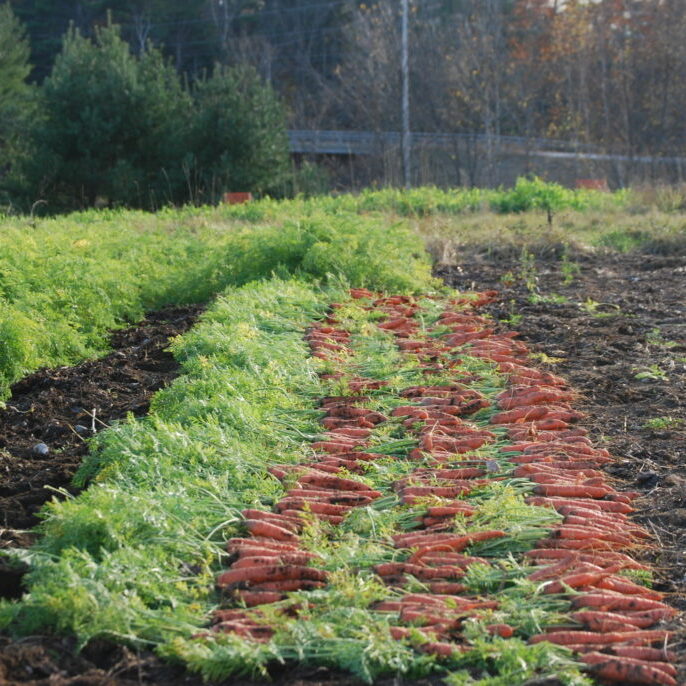
Over the past 8 years, farmers markets have grown by 38% in the state of New York, giving NY the second highest number of markets in the country. While this growth has provided an abundance of easy-to-access markets for small and beginning farmers, established farmers have started reporting slower sales and customer loss due to increased competition. These farmers complain of ‘burn-out’ from investing significant time and energy in direct-marketing strategies that are yielding diminishing returns.
Meanwhile, distributors such as food hubs, grocery stores, and restaurants are now recruiting product from small to mid-sized farms to meet growing consumer demand for local and sustainably-grown food. Although technically ‘wholesale’ venues, these businesses are often eager to establish attentive relationships with their suppliers, offer attractive prices and terms, and maintain a product’s branding and integrity.
New York’s small farmers expressed strong interest in exploring these ‘new models’ of wholesale in a highly detailed marketing trends survey conducted by the Cornell Small Farms Program in February 2014. Nearly half (39% )of the 445 NY survey takers reported currently selling at farmers markets, farm stands or CSA’s, but 25% indicated plans to explore either a food hub or a restaurant over the next 2 years.
An additional 7% indicated interest in a grocery store or cooperative. However, respondents identified many questions and perceived risk factors in making a transition to wholesale that need to be addressed. The following farmer quote represents a typical question: “I need to increase my sales to people interested in high quality locally grown products, but cannot afford the time to sit at a farmer's market. Where are the food hubs, and how do I go about providing products?”
To help farmers successfully enter new intermediated channels, the Cornell Small Farms Program and Northeast SARE have developed the Baskets to Pallets project.
About Northeast SARE
The Baskets to Pallets program is funded through Northeast SARE. SARE offers competitive grants to projects that explore and address key issues affecting the sustainability and future economic viability of agriculture. Learn more at nesare.org
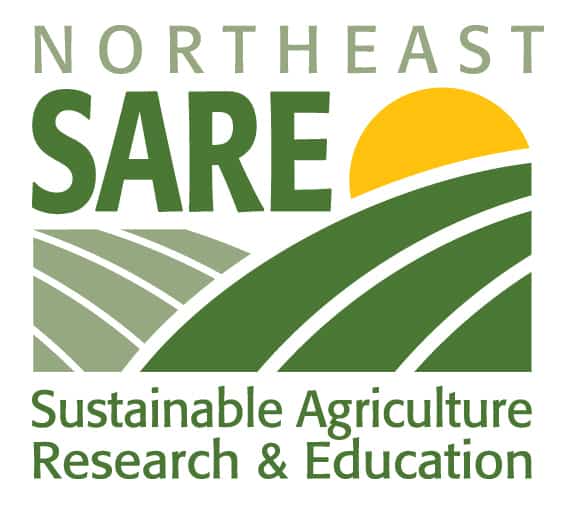
About Violet Stone
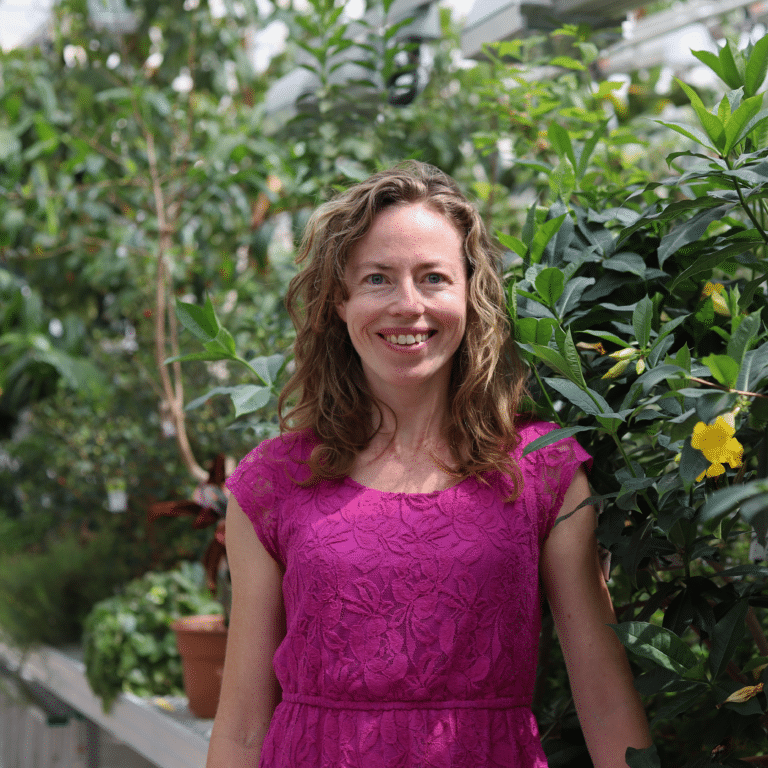
Violet's work focuses on creating retreats, workshops and programs for the agricultural community centered on themes of connection, wellness, purpose, integrity and courage. She sees this work as contributing to a more inclusive ‘culture’ of agriculture where all voices are warmly welcomed, honored and celebrated, including the voices of our ‘inner teachers’, sometimes referred to as 'spirit' or 'soul'. Violet serves as the NY SARE Coordinator and can help farmers and educators navigate NESARE grant opportunities.
Read Articles by Violet Stone


